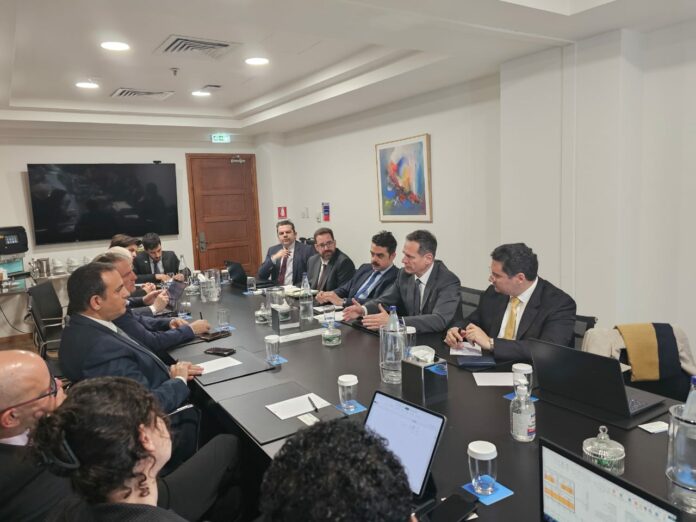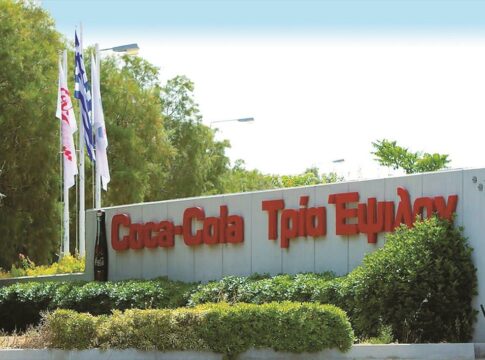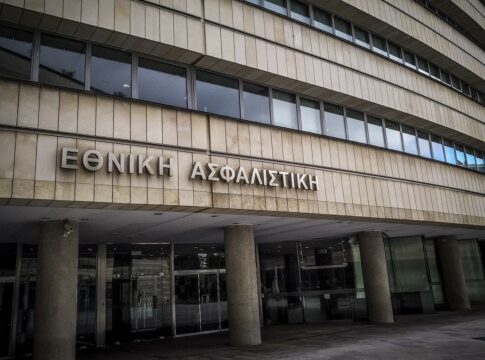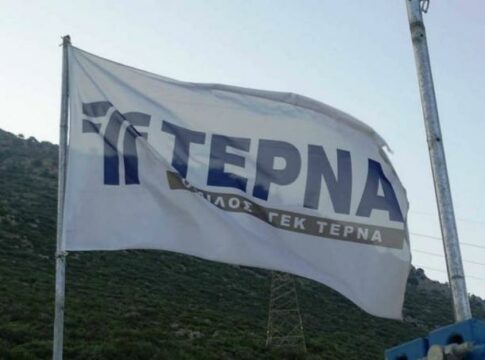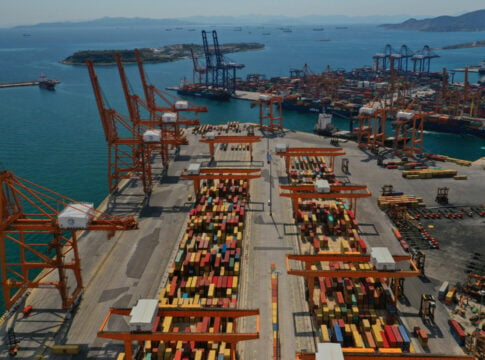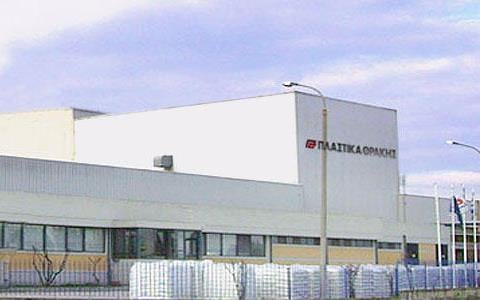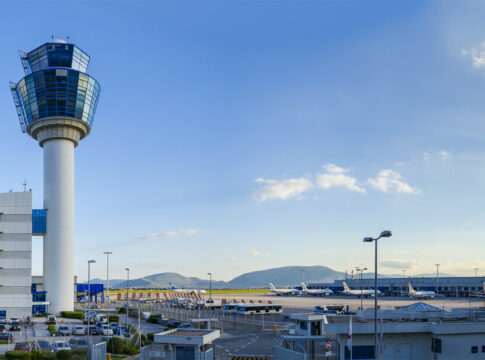The Israeli authorities have asked Greece’s Independent Power Transmission Operator (IPTO) and the Cypriot competent authorities to speed up the procedures for the implementation of the Great Sea Interconnector project, for the section of the Cyprus-Israel electrical interconnection.
The Director General of the Ministry of Energy, representing the Government of Israel, underlined the “absolute priority of the Israeli Government, in order to advance the project.”
This is what the President and CEO of IPTO, Manousos Manousakis, stated after the meeting he had in Nicosia with officials of the Ministry of Energy, the regulatory authority and the Transmission Operator of Israel, on the maturing of the Cyprus-Israel interconnection.
Manousakis also announced that by the beginning of June, the updated cost-benefit study requested by the Minister of Finance, Makis Keravnos, for the Cyprus-Crete section of the project will be ready and he emphasized that the results of the study “will confirm the great usefulness of the project for Cyprus and will facilitate the Cypriot government to take its final investment decision.”
After the meeting with the Israeli authorities, a tripartite Greece-Cyprus-Israel conference followed at the Ministry of Energy under the coordination of IPTO and with the presence of the Administrators of both states.
“These two meetings mark the next step in maturing the electrical interconnection between Cyprus and Israel,” he noted. Manousakis described the discussion with the representatives of Israel as “very constructive” and appeared impressed by the strong interest of the Israeli authorities.
He added that during the meeting “the road map from today until the agreement between the regulatory authorities of the two states” was discussed, which is required, he said, “to proceed with the construction of the project.” He also said that “in order to reach this agreement, the implementing body (IPTO) must first conduct a cost-benefit study.”
“The representatives of Israel have asked us to speed up the cost-benefit study compared to the schedule we already have and will now also ask the Cypriot regulator to speed up the study that sets the cost ratio between Cyprus and Israel in order for the project to be in a position to start as soon as possible and submit a request to the EU for European funds, corresponding to those received by the Crete-Cyprus section,” he added.
“Extended discussions were held both on the technical operation and the regulatory framework, but also on the way in which electricity will be traded between states,” he underlined.
With reference to the timetables, Manousakis said that the IPTO is completing the cost-benefit study for the Cyprus-Israel section in the autumn, with the aim of having completed the CBCA regarding the allocation at the end of 2024 – in accordance with the European regulation costs between states and “regulators have agreed how the costs are shared and how the revenue of the particular project is secured.”



